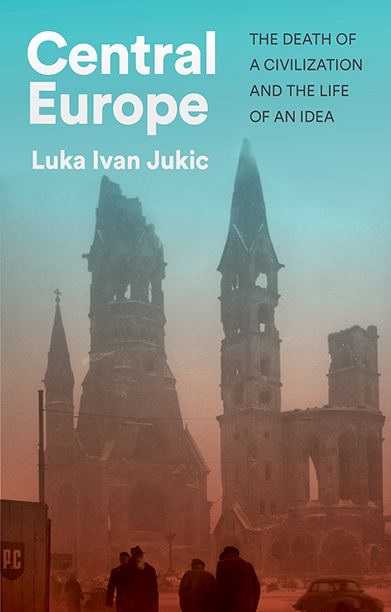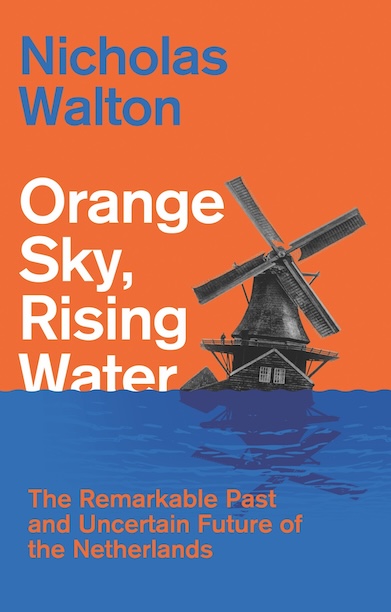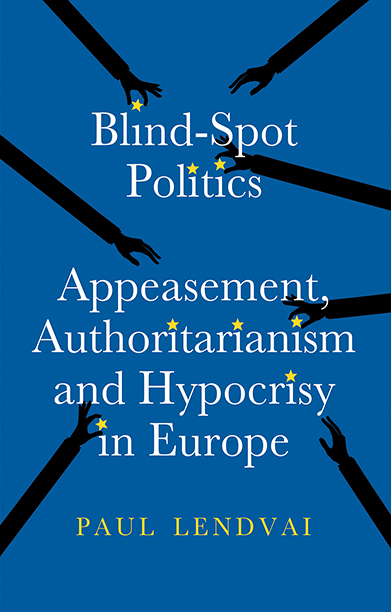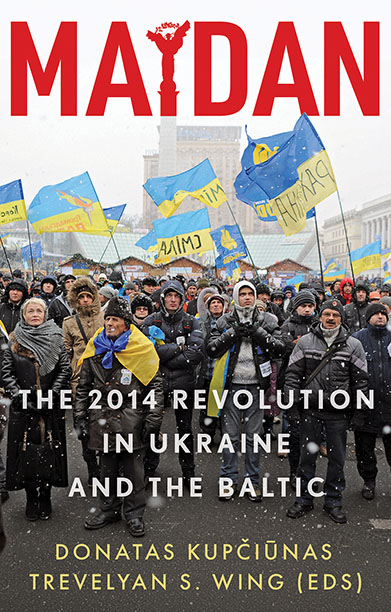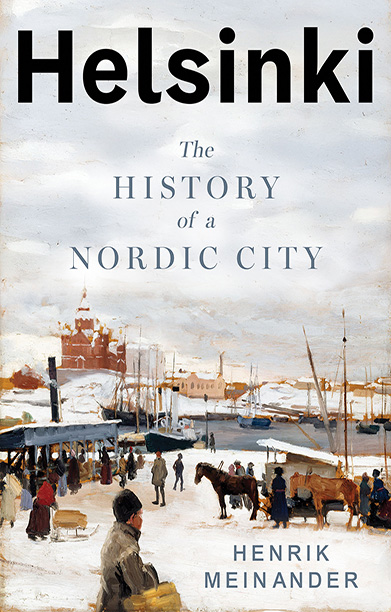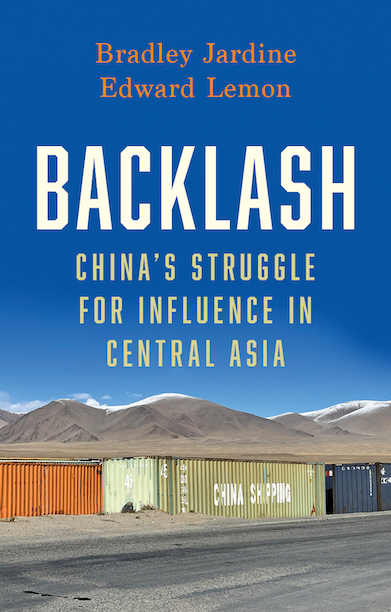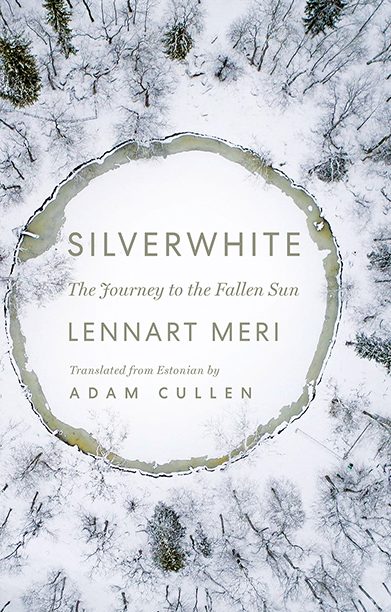Central Europe
The Death of a Civilization and the Life of an Idea
An absorbing journey through a region caught between history, geography and ideology.
Description
What is ‘Central Europe’? Where do its borders lie? Does it even exist? Attempts to define it usually yield more questions than answers. But perhaps the wrong questions are being asked.
Luka Ivan Jukic disentangles the enigma of Central Europe through its birth, death and rebirth. Today, Poland, Croatia and even Ukraine proudly align themselves with it, and so with Western civilization. But the term originally described an unrecognisably different world—one formed in the eighteenth century by the unique inheritance of the Habsburg dynasty across Germany and a sprawling Danubian realm; by the rise of standard High German; and by its intermediate position between an ‘advanced West’ and ‘backwards East’.
Two devastating world wars shattered this extraordinary civilization, reducing it to a Cold War frontier. Its unexpected reincarnation in the 1980s, as an ideological antidote to the Soviet East, spawned myths and polemics, but little clarity. Yet ‘Central Europe’ seems to feature in every contemporary crisis, from Russian aggression to European disunity. Why is it still such a powerful political idea?
Reviews
‘A fantastic journey into a territory that is both absent and present, that is ephemeral but for which whole peoples are ready to die for.’ — Peter Pomerantsev, author of How to Win an Information War: The Propagandist Who Outwitted Hitler
‘A masterful and bold account of the German and Habsburg Empires and of the Central European states which succeeded them, told with scholarly rigour and narrative élan.’ — Martyn Rady, author of The Middle Kingdoms: A New History of Central Europe
Author(s)

Luka Ivan Jukic is a journalist and historian based in London. His work has appeared in The Atlantic, the Financial Times, New Lines Magazine, Engelsberg Ideas, Foreign Policy, History Today, and other publications.
